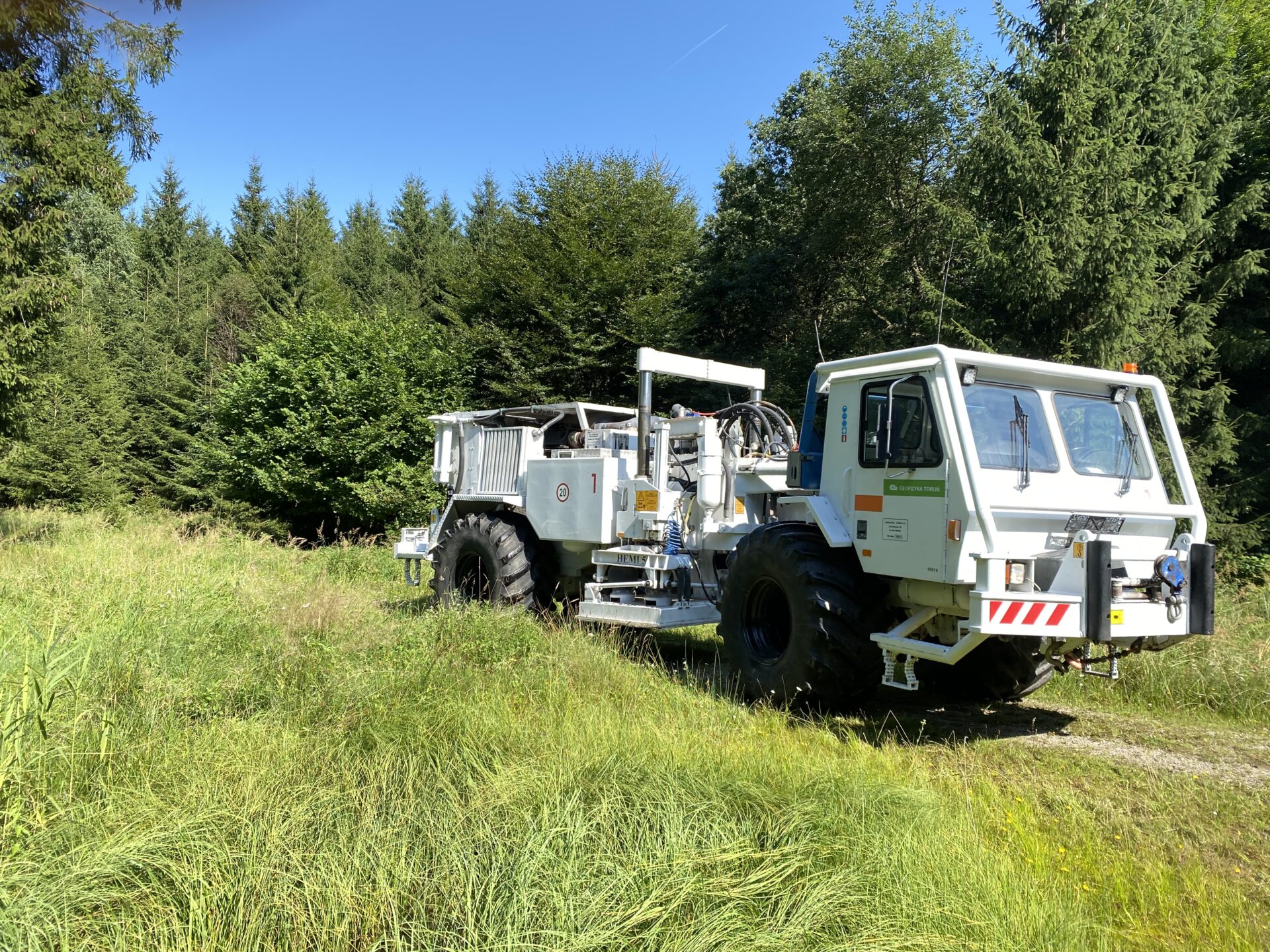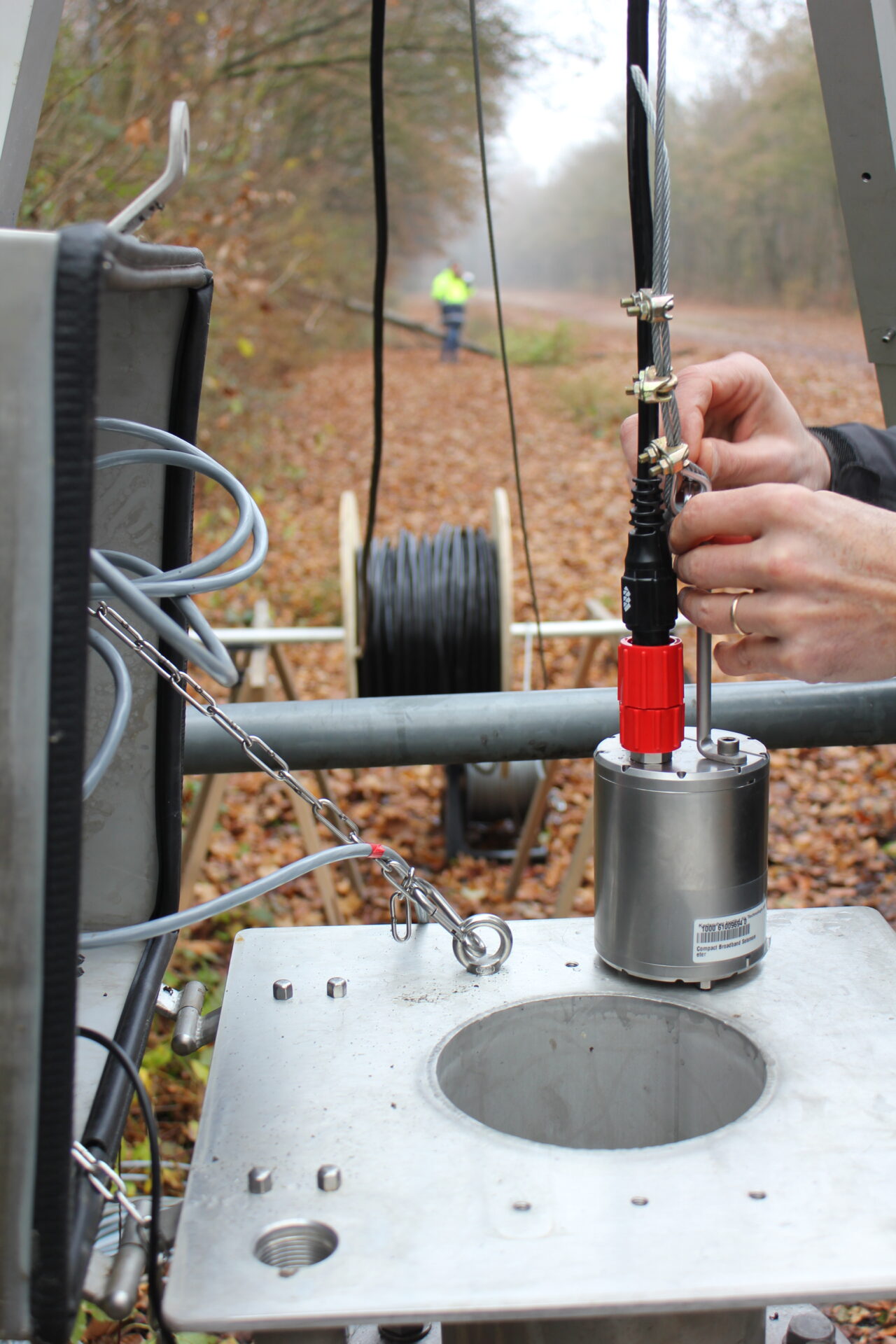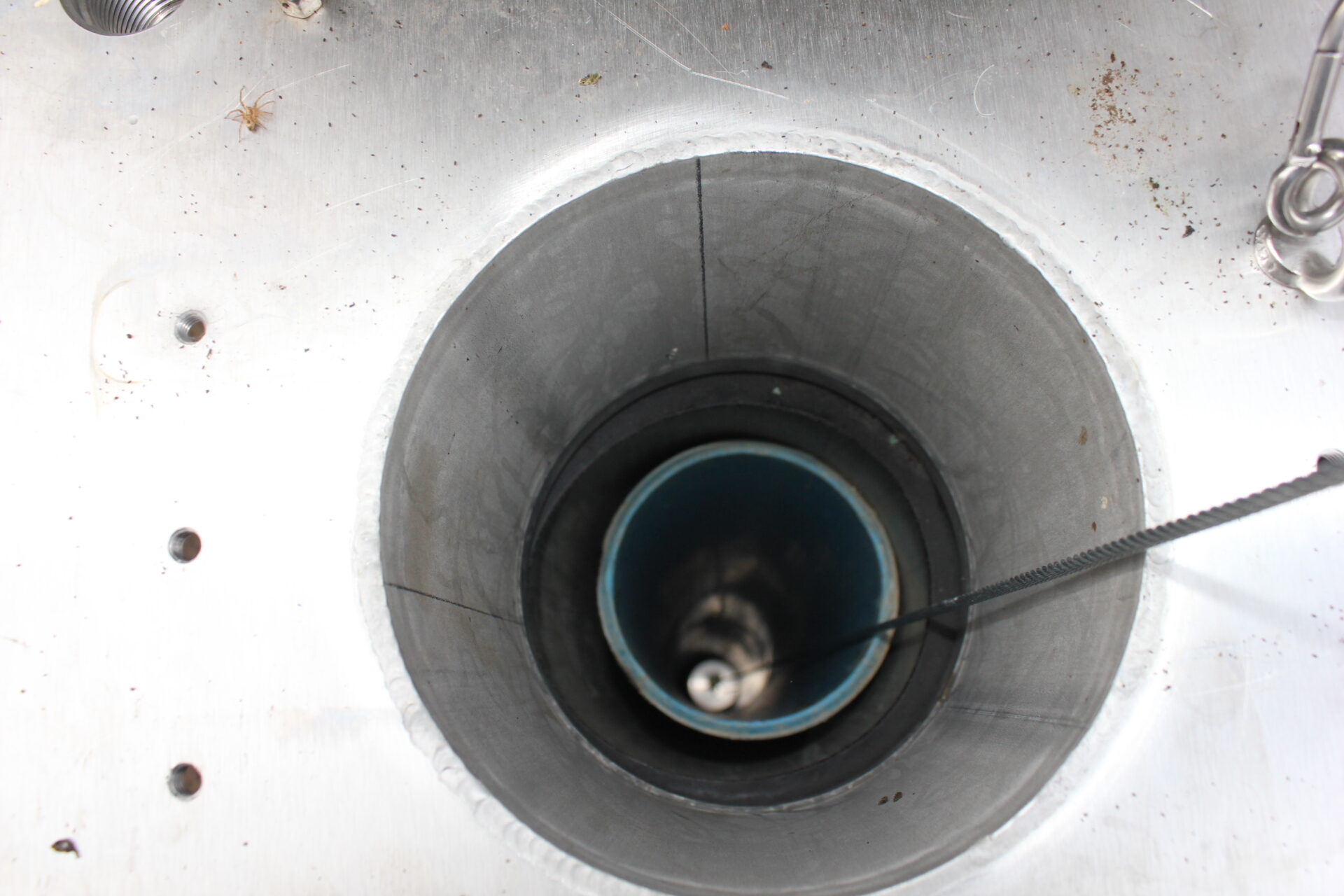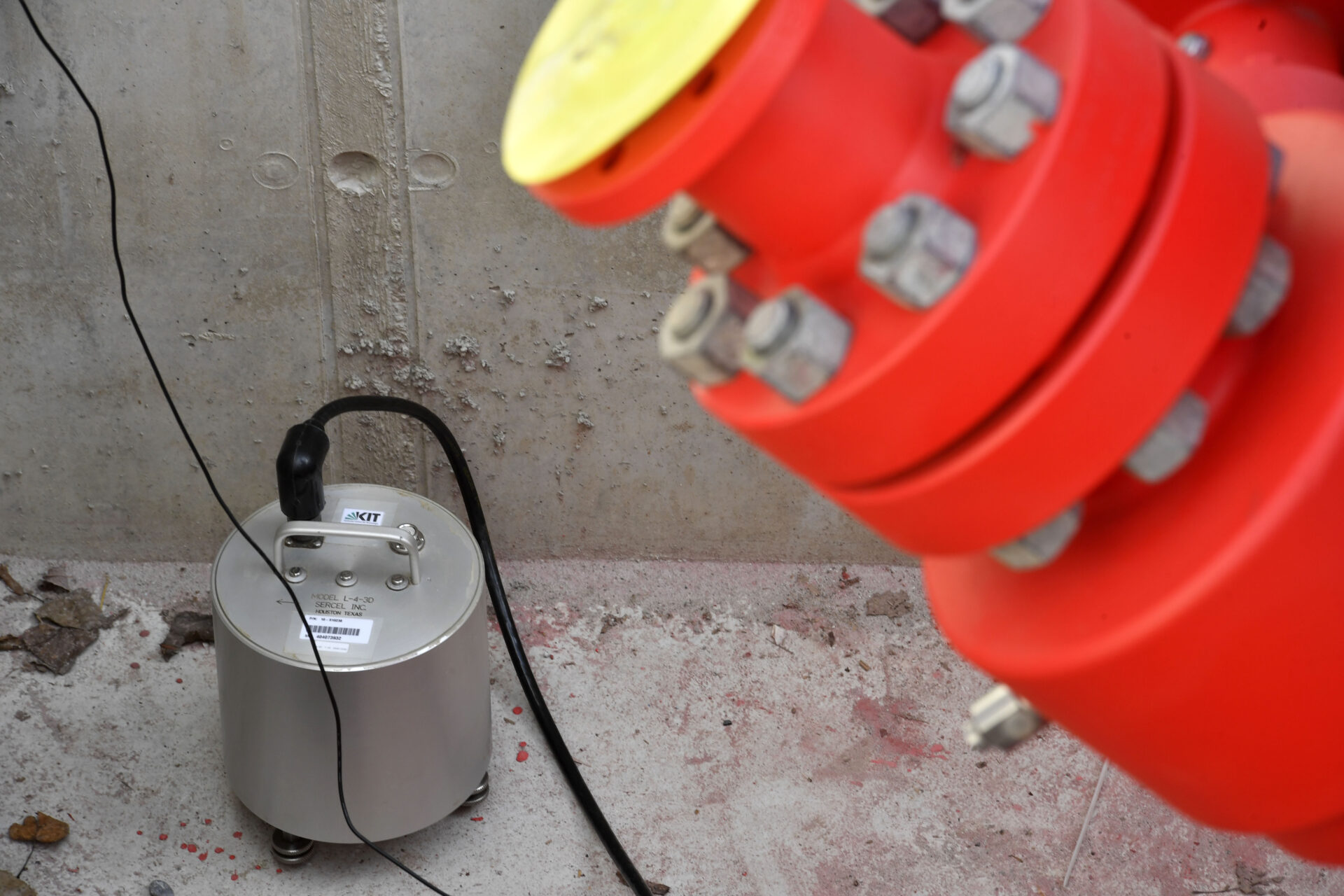The INSIDE research project: a look inside the earth
Deep geothermal energy has been successfully harnessed in the greater Munich area since the late 1990s. With a minimal land footprint, low emissions and incredible efficiency, deep geothermal energy combines a number of positive environmental factors. It is also a virtually inexhaustible source of energy that is baseload-capable, i.e. it is stable and can be used independently of external influences. For heating customers, district heating supplied by geothermal energy means a reliable supply of domestic renewable energy. Indeed, deep geothermal energy is an important driver of the heating revolution.
Every form of energy use impacts the environments we live in. This is also true for deep geothermal extraction, which has the potential to trigger so-called microseismicity – small and minute tremors inside the earth that are generally imperceptible to humans but can be recorded by highly sensitive seismological measuring instruments. Seismic measurements have been carried out for years and partly show stress redistribution in the subsurface. However, the geological cause-and-effect relationship here must still be scientifically investigated.
INSIDE brings together two geothermal operators, SWM and IEP, with research institute KIT, who have all made it their task to close this scientific gap in our process understanding of induced seismicity and ground deformation in the subsurface of the area around Munich.
The overall aim is to investigate the possible effects geothermal plant operations in the Bavarian Molasse Basin may have on stress redistributions in the subsurface. Among other things it looks at
- Microseismicity – recorded with high spatial and temporal resolution and located in 3D-geological data sets
- Possible ground uplift and subsidence – measured by satellite and calibrated with field measurements
- A velocity model – to be built with the help of measurements and would allow an exact depth localization of earthquakes
- A reservoir model – developed to make it easier to understand the causal relationship between the way geothermal resources are used and the observed effects
INSIDE is funded by the German Federal Ministry for Economic Affairs and Energy through Lead Project Partner Jülich (PTJ) (funding code: 03EE4008C, project duration: September 1, 2019 – August 31, 2022, total budget: approx. EUR 4.7 million).







